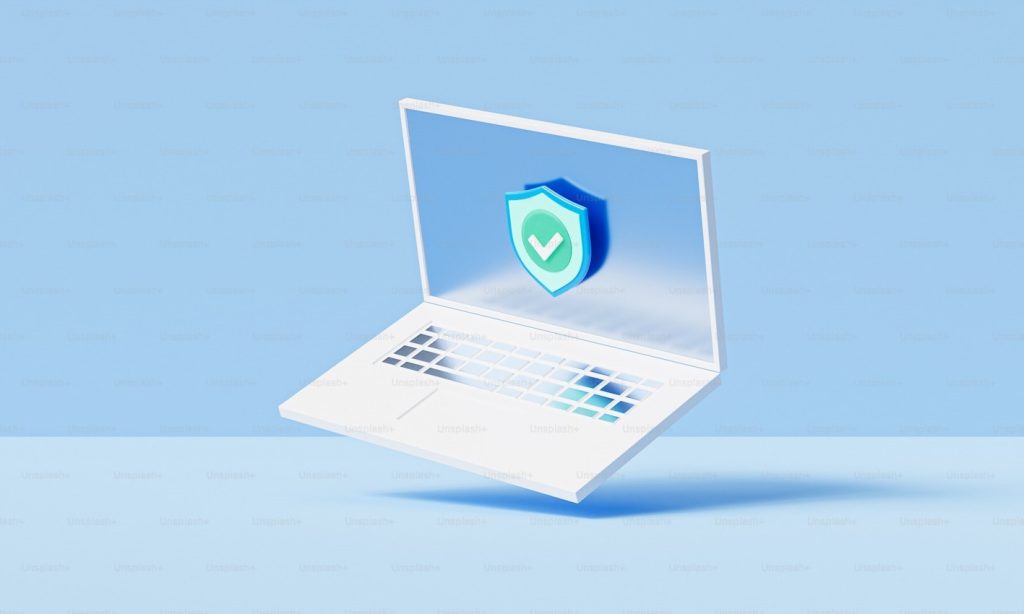Introduction:
Starting a business is an exciting journey, but amidst the hustle, cybersecurity often takes a backseat. However, for startups and small businesses, data breaches and cyberattacks can be devastating, leading to financial losses, reputational damage, and even closure. This article will guide you through essential cybersecurity best practices to protect your startup and ensure its long-term success.
The Importance of Cybersecurity for Startups:
Startups are particularly vulnerable to cyberattacks due to limited resources and a lack of established security protocols. Hackers often target smaller businesses, believing they are easier targets. Without robust cybersecurity measures, your sensitive data, including customer information, financial records, and intellectual property, is at risk.
Essential Cybersecurity Best Practices:
-
Implement Strong Passwords and Multi-Factor Authentication (MFA):
-
Passwords are the first line of defense. Use strong, unique passwords for all accounts and encourage your employees to do the same.
-
Enable MFA whenever possible. MFA adds an extra layer of security, requiring a second form of verification, such as a code sent to a mobile device.
-
-
Regularly Update Software and Systems:
-
Software updates often include security patches that fix vulnerabilities. Keep all software, including operating systems, applications, and antivirus software, up to date.
-
Automate updates whenever possible to ensure timely installation.
-
-
Invest in Reliable Antivirus and Anti-Malware Software:
-
Install reputable antivirus and anti-malware software on all devices used for business purposes.
-
Regularly scan your systems for threats and ensure the software is updated.
-
-
Educate Your Employees on Cybersecurity Awareness:
-
Human error is a leading cause of security breaches. Conduct regular cybersecurity training for your employees.
-
Teach them to recognize phishing emails, avoid suspicious links, and handle sensitive data securely.
-
-
Secure Your Network:
-
Use a strong firewall to protect your network from unauthorized access.
-
Encrypt your Wi-Fi network with a strong password.
-
Consider using a Virtual Private Network (VPN) for secure remote access.
6. Regularly Back Up Your Data:
-
Implement a robust data backup strategy to protect against data loss in case of a cyberattack or hardware failure.
-
Store backups in a secure, offsite location or use a cloud-based backup service.
-
Test your backup recovery process regularly.
7. Develop an Incident Response Plan:
-
Create a plan for how to respond to a cyberattack or data breach.
-
Include steps for identifying the breach, containing the damage, and recovering data.
-
Having a plan in place will minimize damage and downtime.
8. Implement Access Controls:
-
Only give employees access to the data and systems they absolutely need to do their jobs.
-
Regularly review and update access permissions.
-
Remove access for employees that no longer work for the company.
9. Use a Firewall:
-
A properly configured firewall is an essential part of network security.
-
It will block unauthorized access to your internal network.
10. Regularly Conduct Security Audits:
-
Regularly assess your security posture to identify vulnerabilities and areas for improvement.
-
Consider hiring a cybersecurity professional to conduct a comprehensive security audit.
-
Conclusion:
Cybersecurity is not an optional expense for startups; it’s a necessity. By implementing these essential best practices, you can significantly reduce your risk of cyberattacks and protect your valuable data. Remember that cybersecurity is an ongoing process, and staying vigilant is crucial. By working with a qualified IT management company, you can ensure your startup is protected against the ever-evolving cyber threat landscape.




